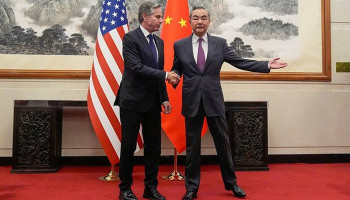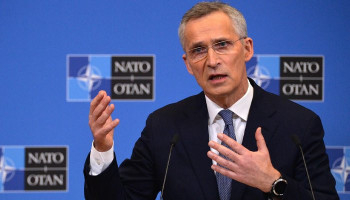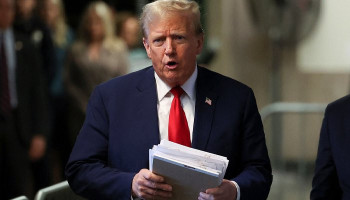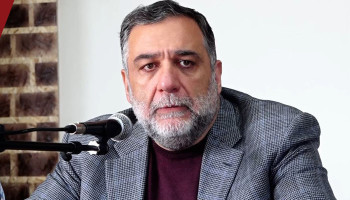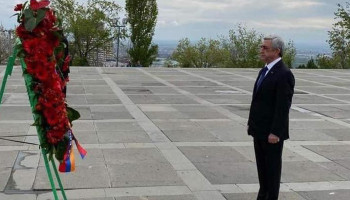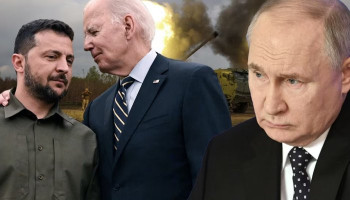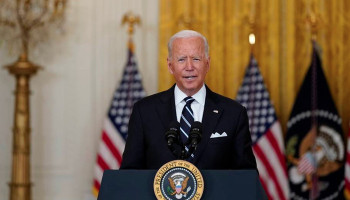Congress acts on Russia in the absence of Trump leadership
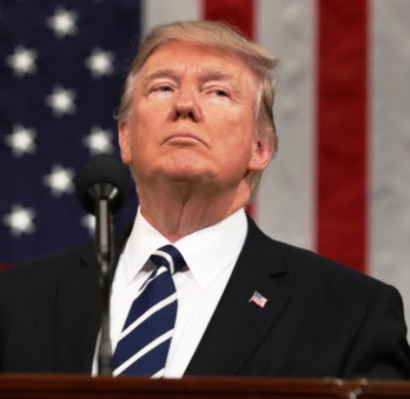 Whoever occupied the White House this year would have confronted the same question: whether to extend sanctions on Russia for alleged meddling in the US elections. This was not just an assault on the integrity of the American voting system. It was, as Dan Coats, the director of US intelligence, puts it, an effort to undermine “western democracy”. Inaction would invite further subversion from Moscow. Donald Trump’s victory made this question more complicated. On the campaign trail last year Mr Trump made much of his desire to repair relations with the Kremlin. He and his Russian counterpart, Vladimir Putin, identified western sanctions — imposed after the annexation of Crimea and the invasion of eastern Ukraine — as an obstacle to doing so. It is the unanimous view of US intelligence agencies that Russia intervened in support of Mr Trump’s candidacy — perhaps in the expectation that he would ease the sanctions regime. The investigation into whether members of the president’s inner circle colluded with Russians has limited Mr Trump’s margin for manoeuvre. US lawmakers now intend to tie the president’s hands formally. At the weekend they agreed to sweeping new penalties to ratchet up pressure on the Russian economy. Under draft legislation, Mr Trump would no longer be allowed to lift sanctions against Russia, Iran or North Korea unilaterally through executive order. Instead, he would have to provide a written letter to Congress explaining why he wanted to do so. Congress would then have 30 days to consider whether to honour the president’s request. The House is expected to vote on the bill on Tuesday. The signals from the White House have, to put it mildly, been mixed. But in the face of what appears near unanimous bipartisan support, the president’s ability to veto the legislation, should it pass, looks in doubt. No US president wants to be hamstrung in this way. The White House requires flexibility to carry out foreign policy. It was through executive order for example that Barack Obama was able to push through the Iran deal, easing sanctions in return for decade-long checks on Tehran’s nuclear ambitions. By constraining Mr Trump’s authority to deal directly with Moscow, US lawmakers, notably the Republican majority, are effectively saying that he cannot be trusted to do so in the national interest. This is humiliating for Mr Trump but also a setback for Mr Putin too. If the Russian president did indeed orchestrate interference in the US election, his meddling is not paying off as planned. In the absence of Mr Trump taking the lead, Congress has every right to protect democratic institutions. The problem is the collateral damage, chiefly in Europe. Washington is uniquely positioned to impose economic sanctions that take on global effect. In this instance, a problem arising from US domestic politics has the potential to create friction with international allies such as the earlier pipeline sanctions controversy in the first Reagan administration. The latest sanctions would penalise any company participating in energy projects with Russia. If not amended, this would jeopardise German plans to pipe gas directly from Russia, while also aggravating tension between Berlin and coastal Baltic states over the Nordstream gas project with Russia. Mr Putin has proved a master at exploiting such divisions in the past. It would be unfortunate if the way this law has been drafted dilutes western unity of purpose and allows him to do so again. |











